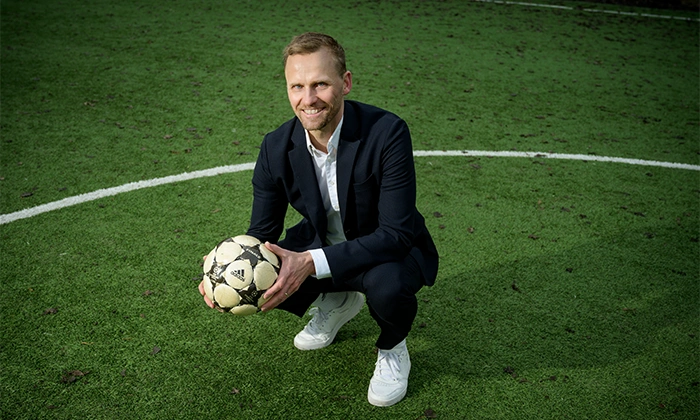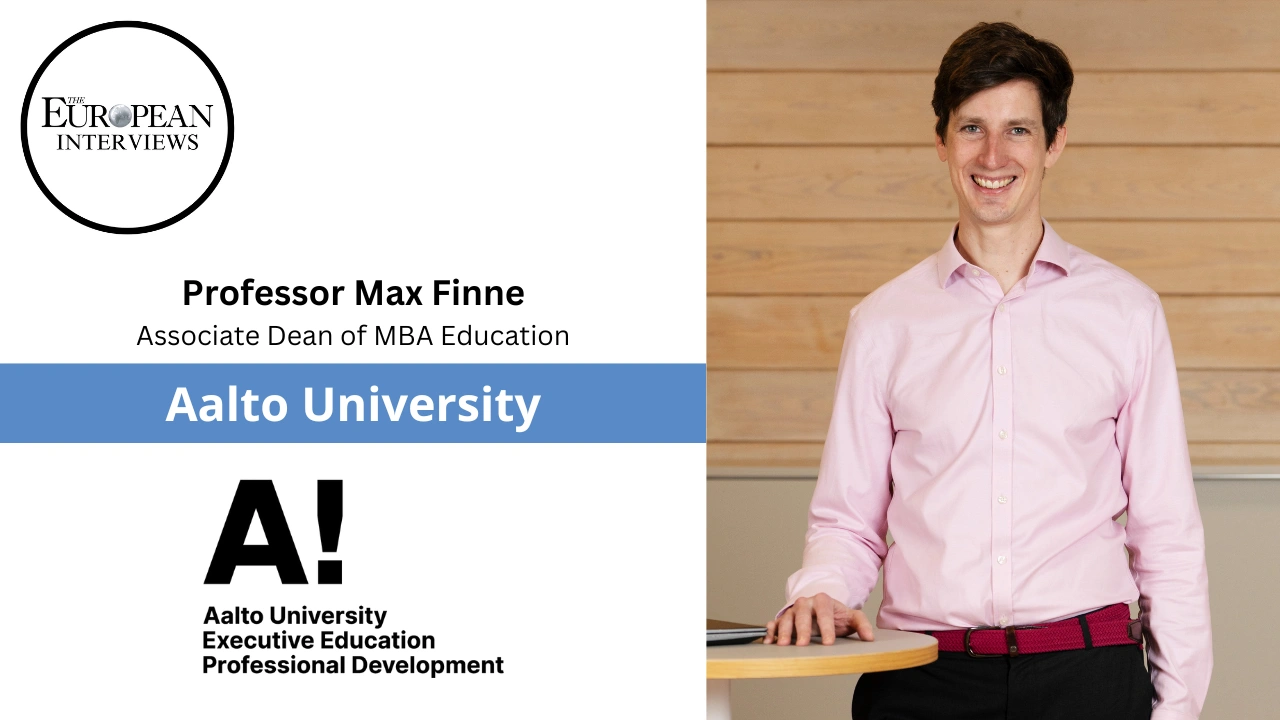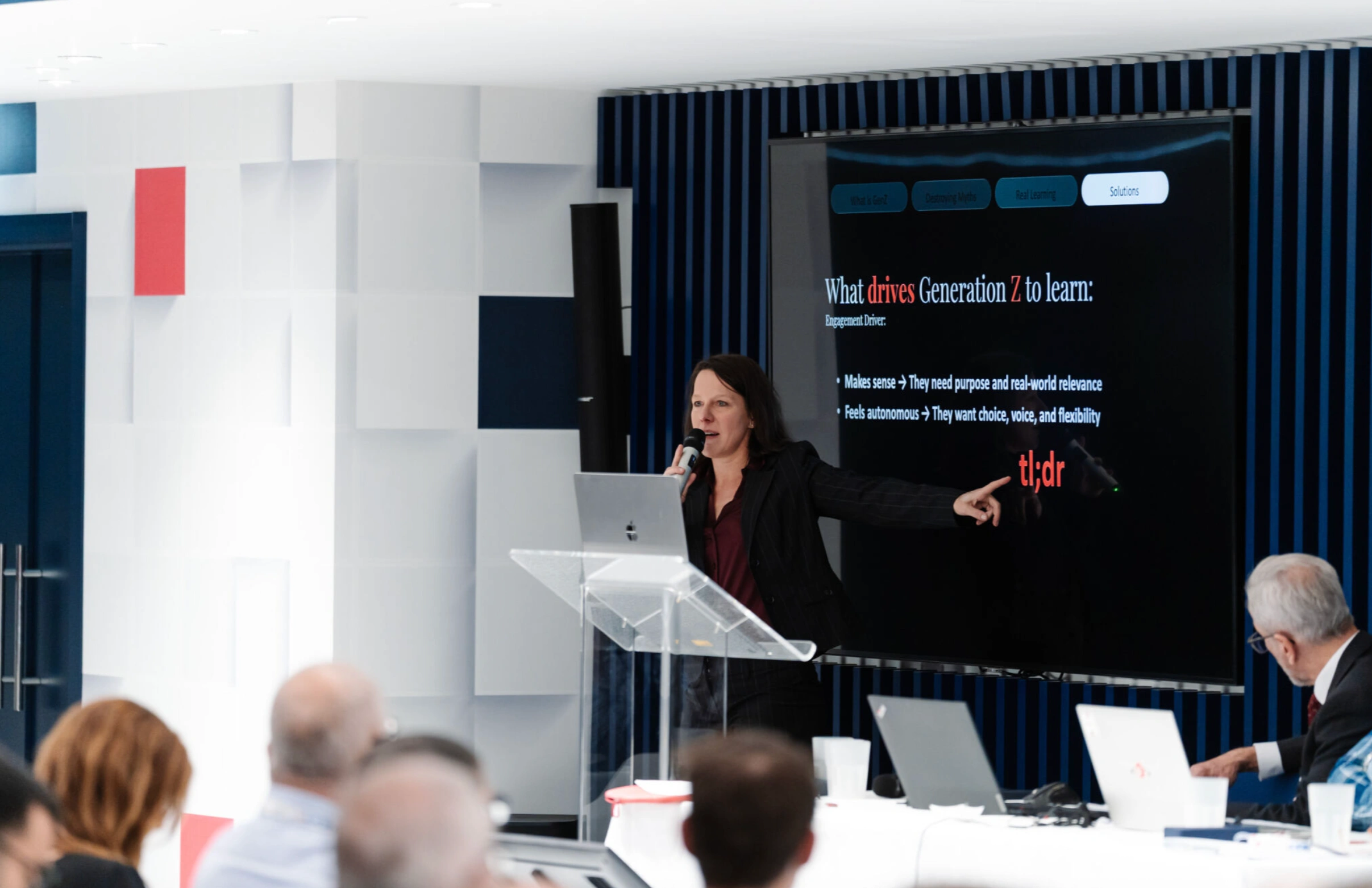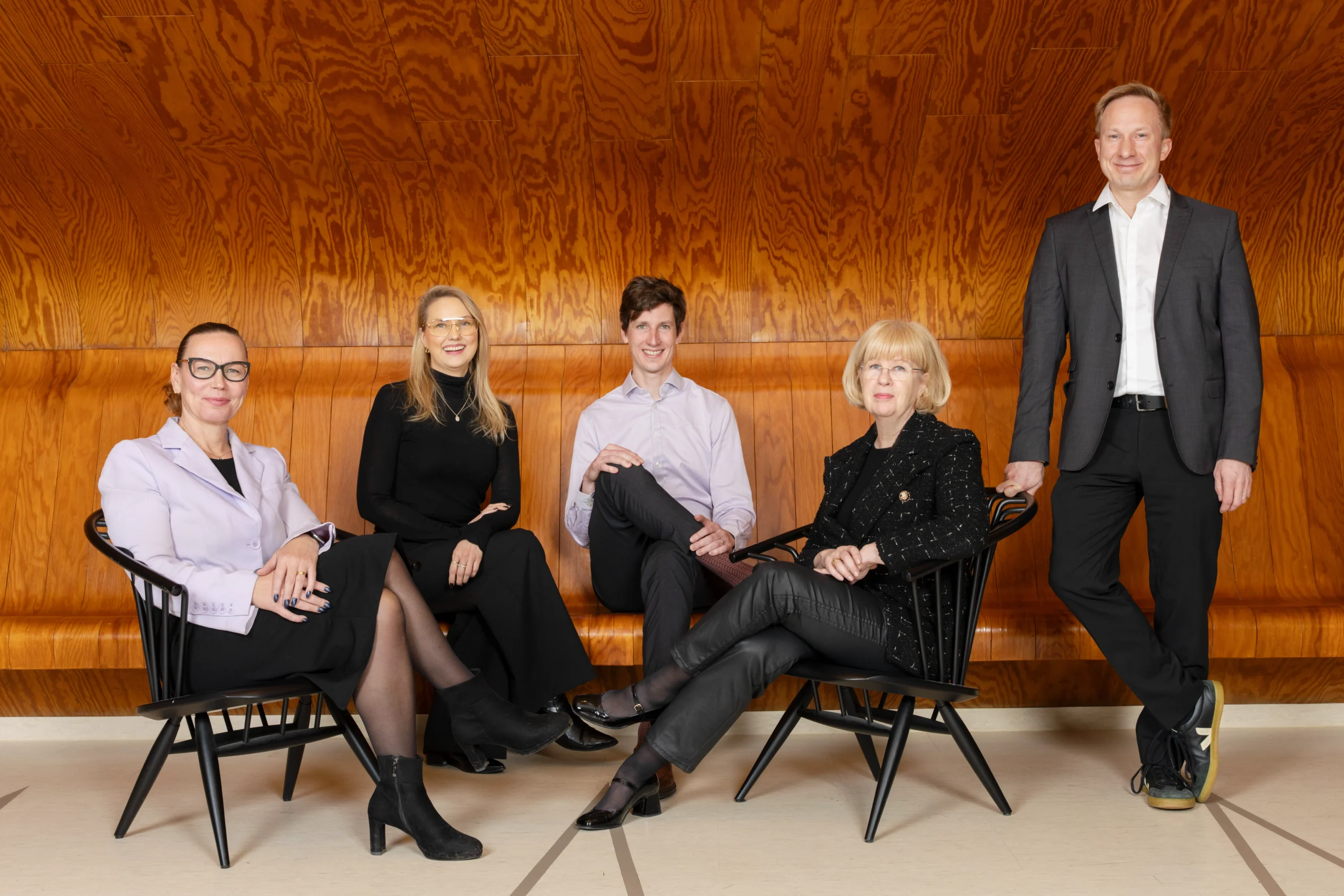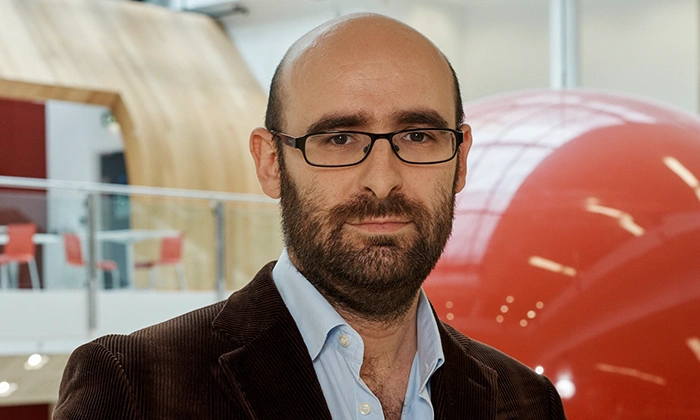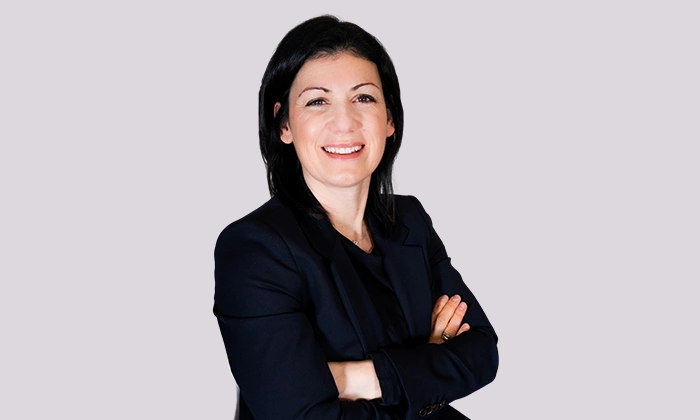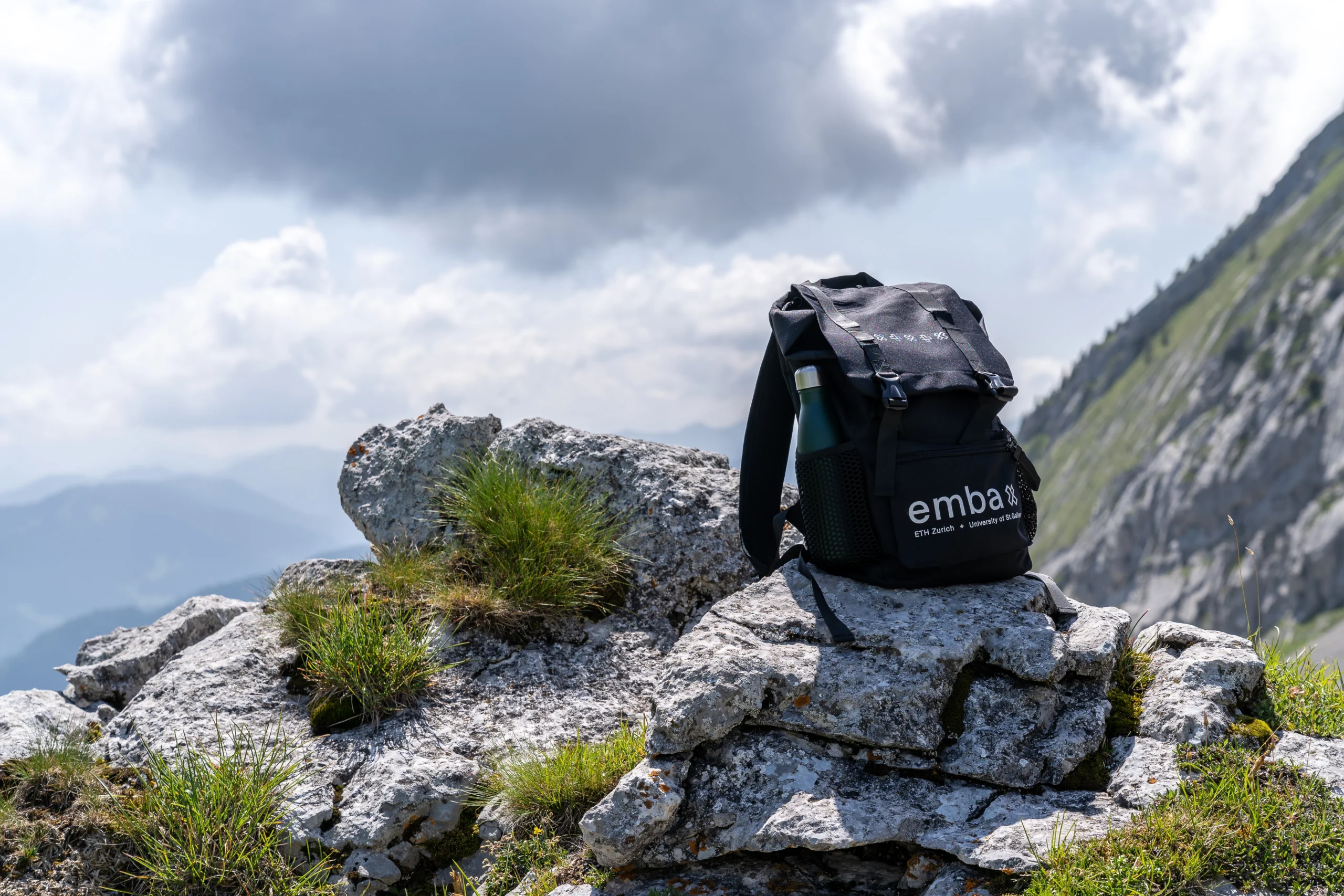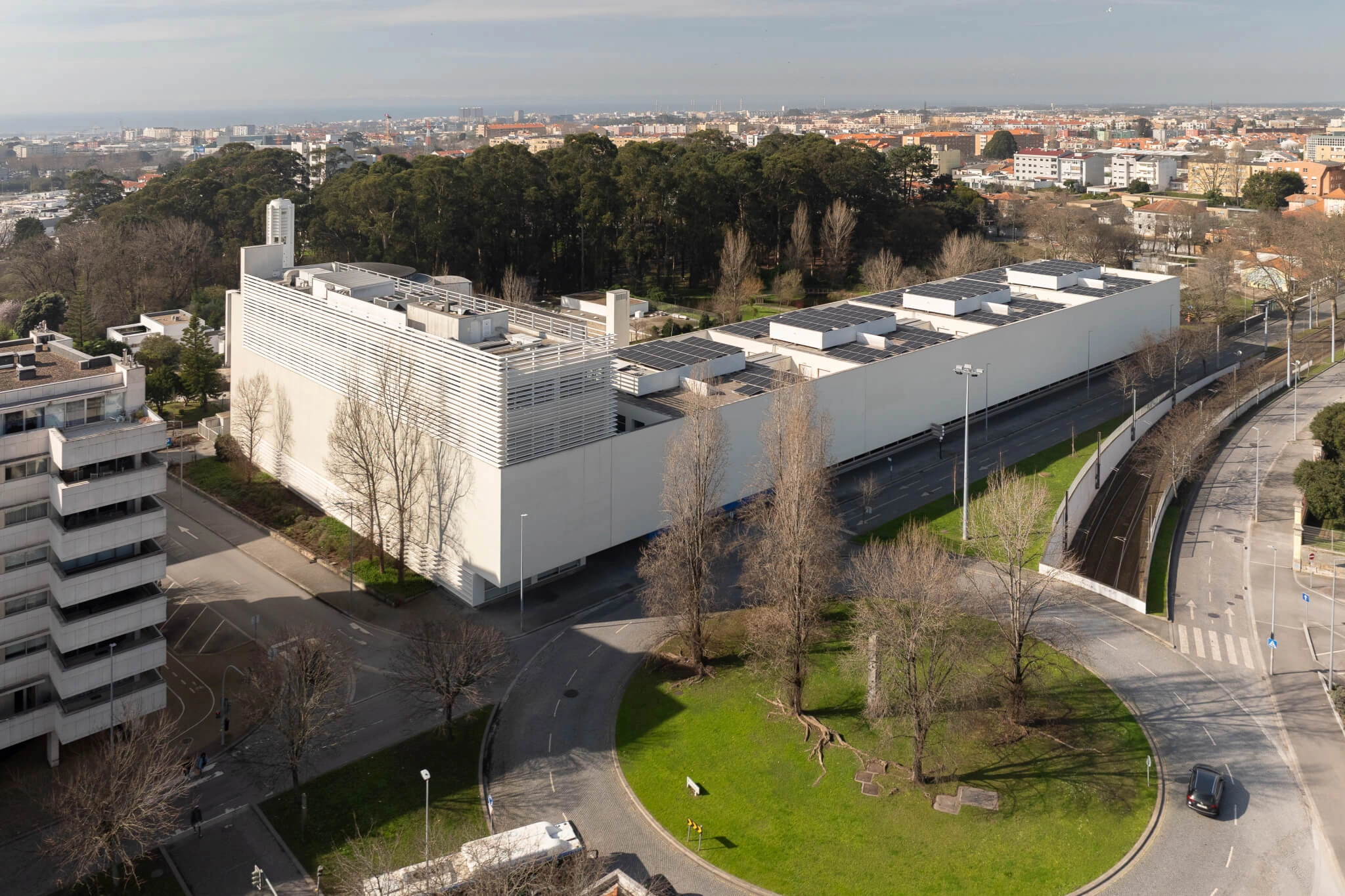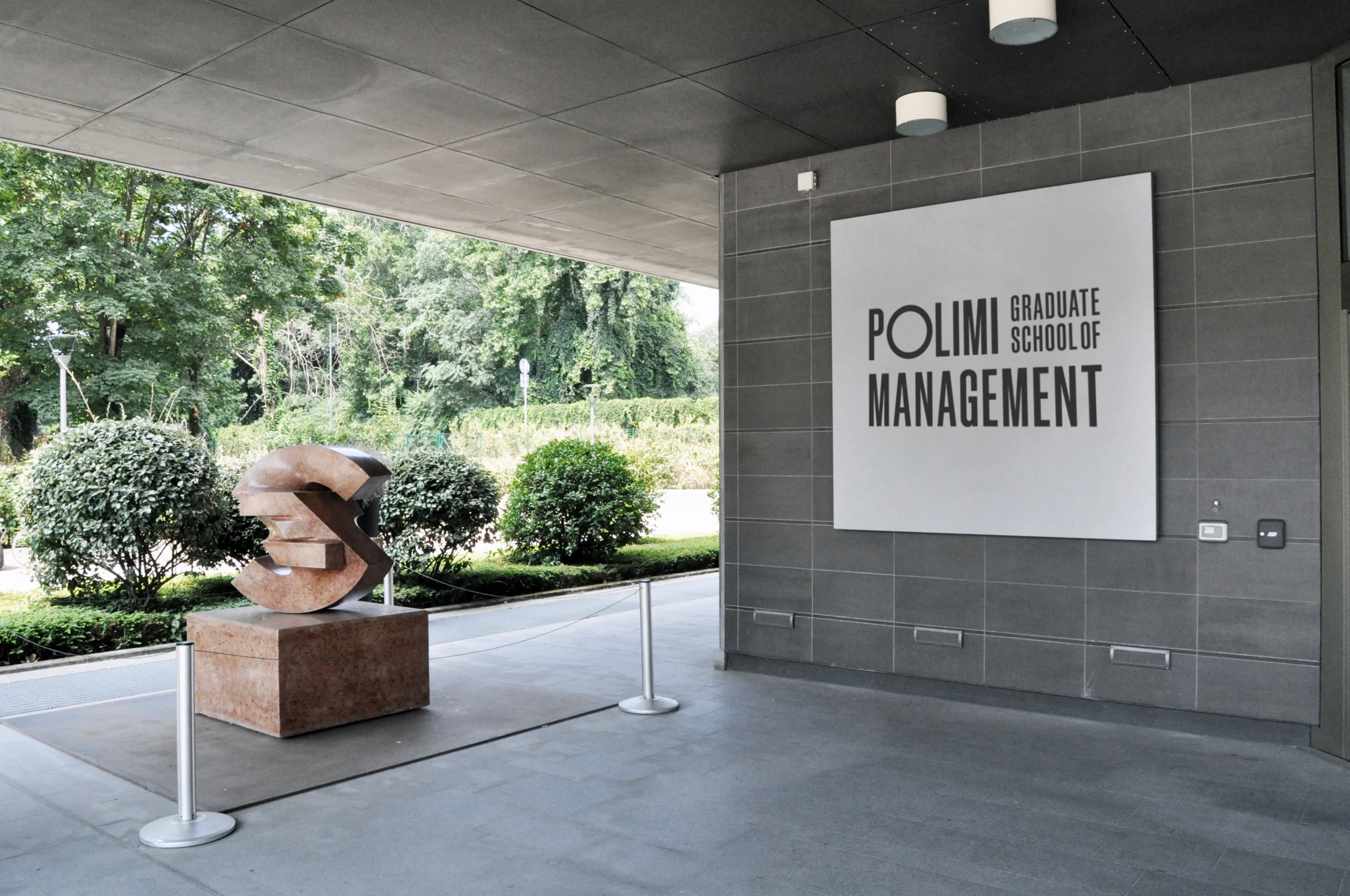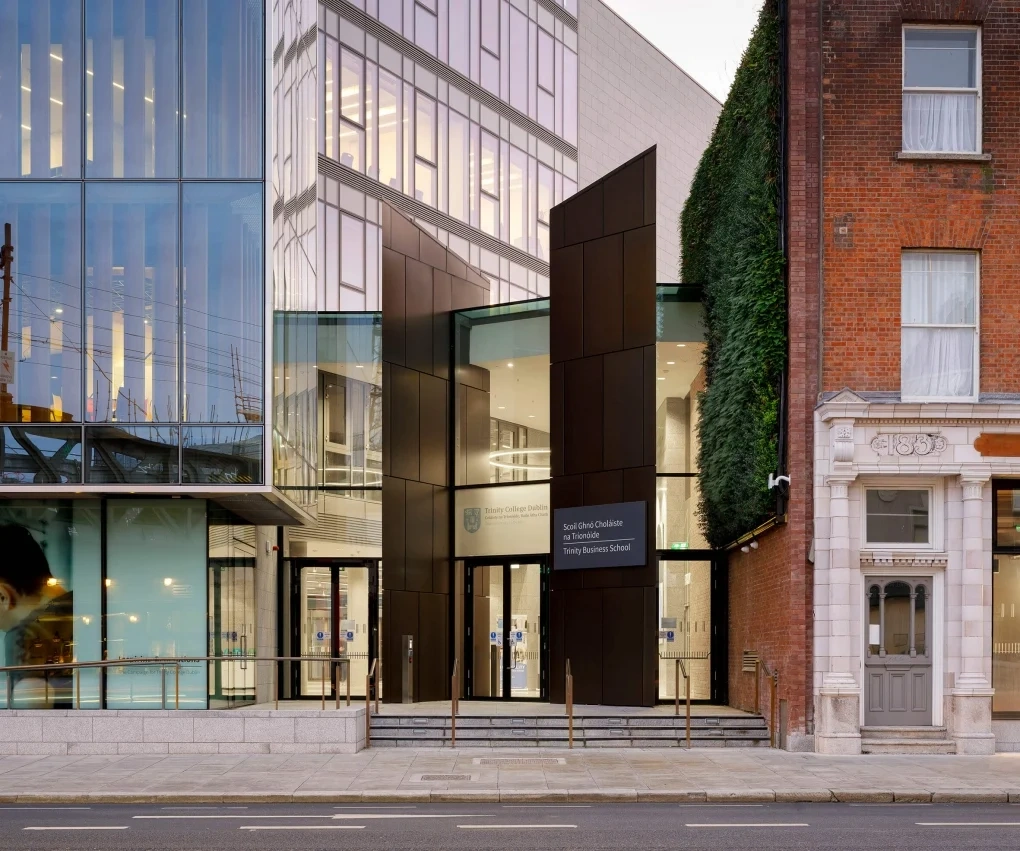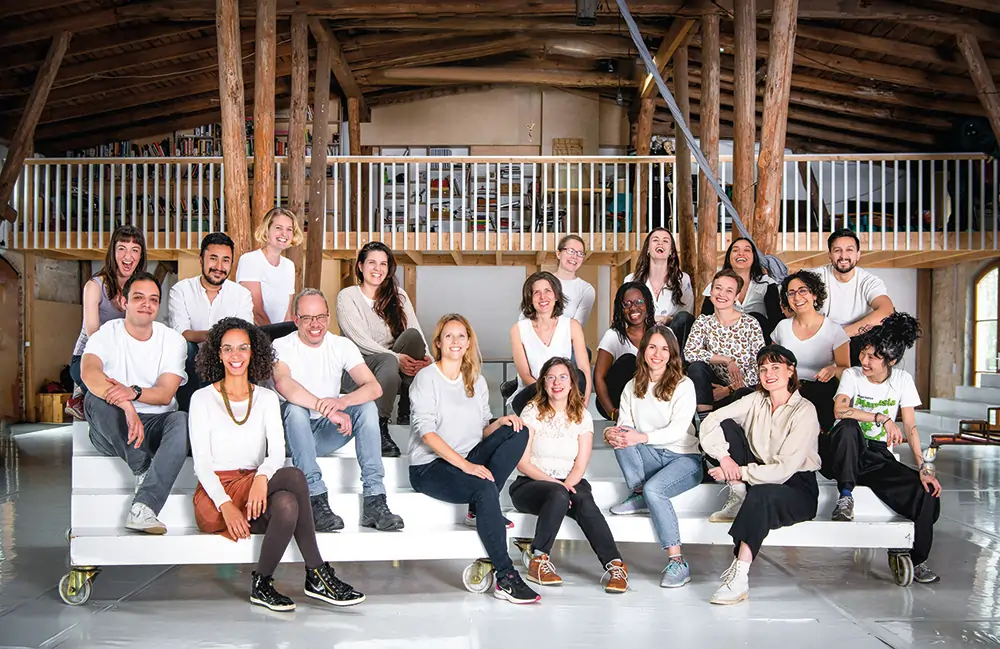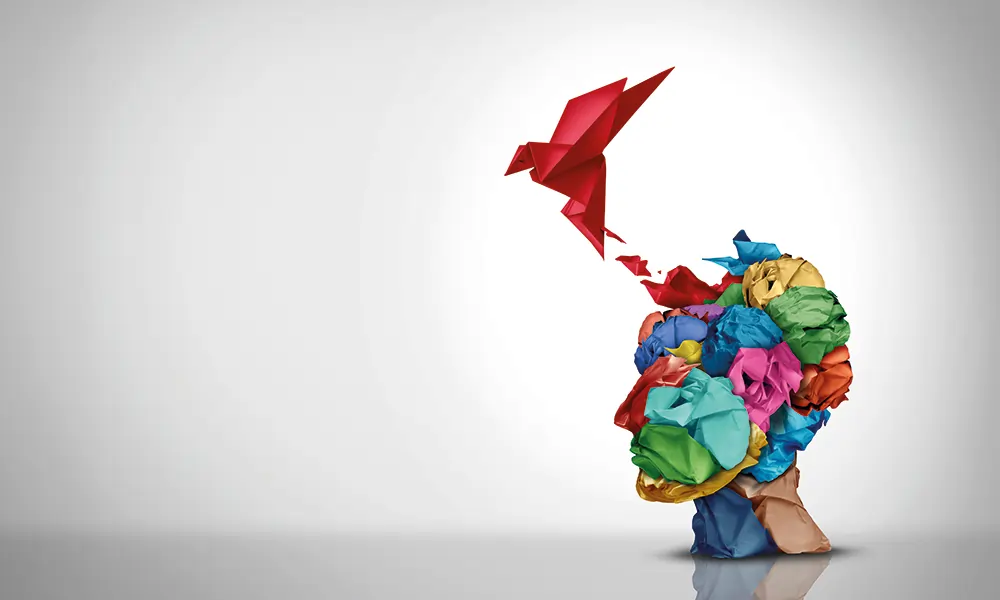The Goldilocks Zone: the secret to achieving peak performance in Covid-19

John E. Kaye
- Published
- Executive Education, Home
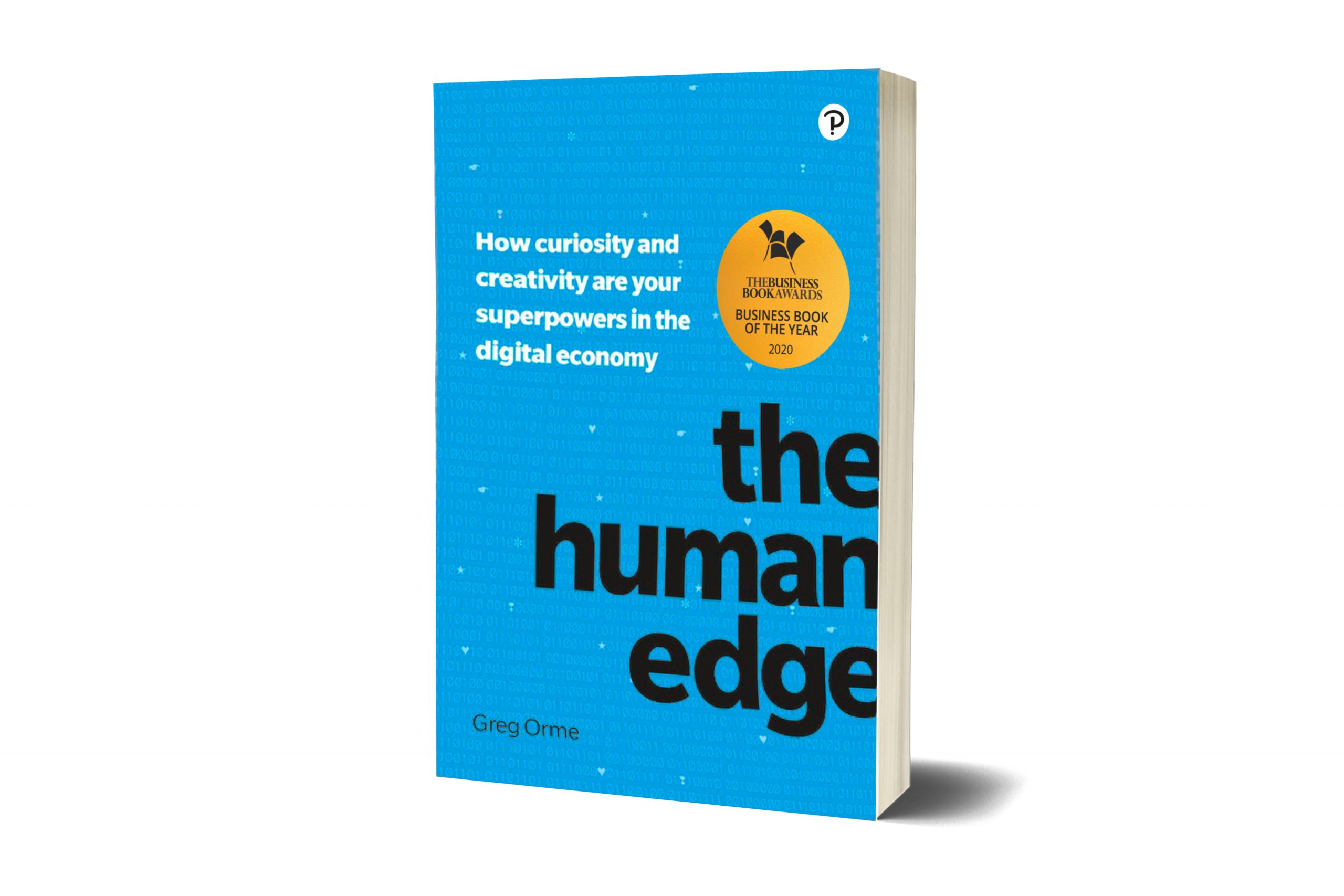
Your cognitive performance rises and falls in relation to the stress you are experiencing. To understand this better, think about Goldilocks’ preference for breakfast. Just like the fairy tale heroine who tasted all types of porridge before she found the bowl that was perfect, we humans thrive on a stress level that’s ‘just right’. Too little stress leads to disengagement, boredom and dissatisfaction. Too much, and we’re awash with adrenaline. If this persists we burnout and get sick, first mentally and then physically. Studies show between 75 to 95 percent of all visits to the doctor are for stress-related conditions.[1] To avoid this fate we need to design our lives for the ‘right’ amount of pressure. This sweet spot is in the middle, between too much and too little. When we work in this range it doesn’t hinder our performance. It helps it. Let’s call this The Goldilocks Zone.
To inhabit the zone more often we need to better manage a hereditary gift from our Stone Age ancestors: our fight-or-flight threat response. Back then fear arrived in short, sharp bursts like a sabre-tooth tiger dashing from the brush. A sensitive reaction to danger kept you alive. In the modern work environment stress is not acute, but chronic. This is embodied by incessant ZOOM calls, passive aggressive workmates, toxic bosses, processes that move like treacle and fear of irrelevance. Even allowing for the speed at which Covid-19 has shaken up the world, anxiety in modern life doesn’t often strike like lightning. It creeps in like coastal fog.
The pandemic has layered on top of this lingering stress the biggest remote working experiment in human history. Our professional and personal lives have collided. Further radical change and redundancies loom. We’re all scrambling to keep up. Against this backdrop, smart leaders are equipping themselves to help their teams maintain peak performance in the difficult months that lie ahead.
To succeed, leaders must overcome a very personal challenge. 21st century managers, unlike their industrial predecessors, cannot simply mandate behaviour. They must model it. Here are four science-based approaches (from the ‘L.I.F.T’ acronym I use in virtual executive learning sessions) to help you lead your team into The Goldilocks Zone.
LAUGHTER
Counterintuitively, humour is a serious business when it comes to leading through a crisis. Make a person smile and their brain releases oxytocin, the neurotransmitter – sometimes referred to as the ‘hug hormone’ – facilitates social bonding and trust. Individuals with a sense of humor experience less stress than people who are more serious, even when facing the same challenges. As a result, they’re more productive, creative and collaborative – and the organisations they inhabit are more resilient.
Despite the evidence, managers often fail to use humour. They reason: ‘serious’ work means laughter is not welcome. They couldn’t be more wrong. Bosses that are seen to be influential joke more frequently. In fact, ‘outstanding’ leaders use humour more than twice as often as those perceived to be ‘average’.[2]
Your leadership role in a crisis is communicate, communicate, communicate. Humour helps. It’s proven to encourage people to listen, to understand your message – and to take action on its content.[3] Of course, the target of a joke is important. This is why I advise managers to start with humour where the focus is either their own foibles or a common enemy. Acknowledging the gravity of a situation like COVID-19 with a quip can help bring a team together.
IDEAS
In times of change we desperately need new ideas. In my experience, the most powerful day-to-day behaviour to catalyse creativity is to ask great questions. In theory, this should be easy. In practice, it’s difficult. A boss who asks questions reveals she doesn’t have all the answers. Leaders have to overcome a fear of looking stupid. This is why it’s so crucial they ‘go first’. Their display of audacious humility invites those without power to also challenge the status quo. When leaders ask open questions like: ‘Why do we do it this way?’ What if…?’ and ‘Why Not?’, it unlocks a world of possibilities for a team. I propose a new leadership KPI: Questions Per Day. Each weekend ask yourself: ‘How many questions did I ask this week? What response did I get?’
FOCUS
As remote working increases, so does our ability to be distracted. For millions, for the first time, there’s no externally-imposed structure to the day. No visual cues from fellow office workers about what to do next. This means it’s even easier to get side-tracked by social media, news reports, household chores, partners, housemates or kids.
To achieve what I call ‘focus sprints’ it’s vital to build structure for our most precious resource: time. Psychologists call your peak performance a ‘flow’ state. This is when you get so involved in an activity that time flies.[4] You can be up to five times more productive in these super-engaged periods.[5] As flow is precious it’s vital not to waste it. Just as sports stars train to run fast for the moments that count. Knowledge workers can train to think better when they need to.
Top athletes also know they can achieve better training results for the same effort if they apply that exertion at the right time of day. Research shows there are three cognitive performance zones in a day. Zone 1: Peak Performance (high productivity, focus, creativity). Zone 2: The Valley (recovery time). Zone 3: Rebound (productivity is lower than peak, but still good enough for fragmented admin tasks such as emails and scheduling). [6] Everyone has these three zones, but in a their own personal pattern.
The key is to find when your personal peak performance occurs. By trial and error, I’ve found I’m an early bird. My peak performance is between around 7am and 10am. As a result, I schedule cognitively challenging tasks (writing, solving problems, designing virtual sessions or keynotes) in the morning because I know I’m most productive and creative early on. I slot less demanding work after lunch or in the late afternoon. Encourage yourself and your team members to find their unique daily rhythm, it will hugely boost overall performance.
THREAT
The first two letters in the L.I.F.T acronym – Laughter and Ideas – help to rebalance away from anxiety and towards fun. The ‘F’ in Focus helps your team to deliver. Taken together, these behaviours will reframe the disruption we face. To see it, not just as a threat, but also as an opportunity. This more nuanced world view leads to a far more creative response.[7]
It’s long been a truism in the political world: “Never let a good crisis go to waste”. Using the techniques here, leaders can lift their team during the Covid crisis. If they fail to act, their team will be locked out of The Goldilocks Zone. The result? Productivity and creative-thinking will become the first casualties of unrelenting anxiety.

Greg Orme
Written by Greg Orme, author of ‘The Human Edge, how curiosity and creativity are your superpowers in the digital economy’ (Pearson, 2019) which was awarded Business Book of the Year 2020.
[1]> According to data provided by the American Institute of Stress, a nonprofit organization from Fabritius, Friederike. The Leading Brain (pp. 35-36). Penguin Publishing Group. Kindle Edition [2] https://www.forbes.com/sites/jacquelynsmith/2013/05/03/10-reasons-why-humor-is-a-key-to-success-at-work/#28ded47e5c90
[3] https://www.youtube.com/watch?v=MdZAMSyn_As
[4] P4, Csikszentmihalyi, Mihalyi, 2002, Flow, Rider
[5] https://www.youtube.com/watch?v=pWi-oCySuFA
[6] Ana Adan et al (2012) Circadian Typology – with thanks to @JamesHewitt, SMASH Helsinki 20018
[7] Clayton Clayton Christensen https://online.hbs.edu/blog/post/disruption-opportunity-or-threat
RECENT ARTICLES
-
 Hannu Tihinen on strategy, leadership, and the value of an EMBA
Hannu Tihinen on strategy, leadership, and the value of an EMBA -
 European MBAs adapt to AI as Aalto overhauls executive education
European MBAs adapt to AI as Aalto overhauls executive education -
 From dialogue to action: how emba X prepares leaders for a new era of responsible innovation
From dialogue to action: how emba X prepares leaders for a new era of responsible innovation -
 How Europe can learn faster: turning AI into safer, smarter adult training
How Europe can learn faster: turning AI into safer, smarter adult training -
 Aalto EE launches Aalto Tech EMBA to equip executives for digital transformation
Aalto EE launches Aalto Tech EMBA to equip executives for digital transformation -
 Supply chains are being remade. Leadership must be too
Supply chains are being remade. Leadership must be too -
 Why the real barrier to AI success sits in the boardroom
Why the real barrier to AI success sits in the boardroom -
 ETH Zurich and the University of St.Gallen redefine executive education with emba X, a new model of responsible leadership
ETH Zurich and the University of St.Gallen redefine executive education with emba X, a new model of responsible leadership -
 Why leadership is the strongest defence in South Africa’s schools
Why leadership is the strongest defence in South Africa’s schools -
 Porto Business School launches executive programme on AI strategy
Porto Business School launches executive programme on AI strategy -
 POLIMI Graduate School of Management strengthens global reputation in MBA and master’s rankings
POLIMI Graduate School of Management strengthens global reputation in MBA and master’s rankings -
 Trinity Business School strengthens standing in global MBA rankings
Trinity Business School strengthens standing in global MBA rankings -
 Meet the class of 2025… and their children. Why mid-life university learning is on the rise
Meet the class of 2025… and their children. Why mid-life university learning is on the rise -
 University of Michigan launches executive programme for chief data and AI officers
University of Michigan launches executive programme for chief data and AI officers -
 International education: A vision for global citizens
International education: A vision for global citizens -
 How to create lasting social change? Build a community
How to create lasting social change? Build a community -
 Tomorrow’s world needs Dyslexic Thinking
Tomorrow’s world needs Dyslexic Thinking -
 Why family therapy is the best investment you can ever make
Why family therapy is the best investment you can ever make -
 How EQ can give us the edge over AI
How EQ can give us the edge over AI -
 A true root and branch approach
A true root and branch approach -
 It's fine to say you're not ok
It's fine to say you're not ok -
 Are you willing to change with your organisation?
Are you willing to change with your organisation? -
 Emerging markets: Online learning for women unlocks economic potential
Emerging markets: Online learning for women unlocks economic potential -
 A programme of urgent importance
A programme of urgent importance -
 Why progress is not parity
Why progress is not parity

